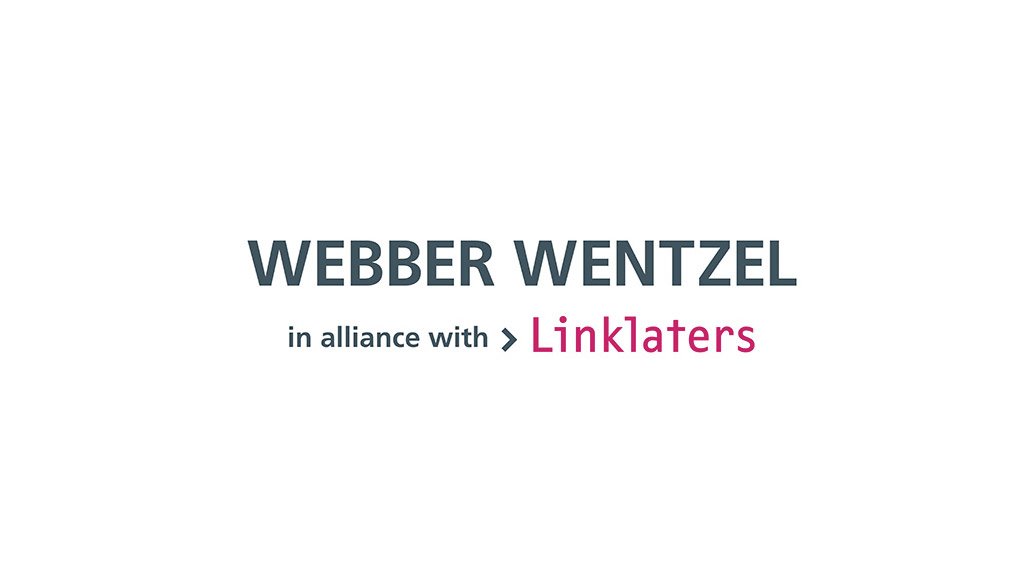The Electronic Communications Amendment Bill, 2022 (the Bill), which introduces a number of significant amendments to the Electronic Communications Act 36 of 2005 (the ECA), has been published. Interested parties have until 23 July to submit written comments regarding the Bill.
In brief, the amendments proposed by the Bill include:
(i) a new licence category for electronic communications facilities services;
(ii) enabling the Minister of Cooperative Governance and Traditional Affairs to promulgate a national standard by-law on wayleave processes;
(iii) 'use it or share it' and other spectrum-sharing provisions;
(iv) regulation of Mobile Virtual Network Operators (MVNOs);
(v) regulation of international roaming; and
(vi) competition regulation.
New licence category
The Bill proposes a new licence category for electronic communications facilities services, which is distinct from the existing licences issued by the Independent Communications Authority of South Africa (ICASA). This may bring current holders of passive infrastructure (such as 'tower companies' or dark fibre providers) under the ambit of the ECA, as well as require existing licensees to potentially acquire additional licences from ICASA.
Standard by-law
The Minister of Cooperative Governance and Traditional Affairs is enabled to create a standard by-law providing for:
(i) a uniform wayleave process for electronic communications networks and facilities;
(ii) cost-based wayleave application fees;
(iii) a framework for sharing relevant municipal property and infrastructure between license holders; and
(iv) other measures which promote the rapid deployment of digital infrastructure and uniformity of wayleave processes.
Spectrum sharing
This amendment empowers ICASA to instruct a licensee to share its spectrum where it has failed to adequately use the assigned spectrum for a period of two years. ICASA will also be mandated to prioritise assigning unused spectrum to community networks.
Furthermore, the amendment proposes to introduce a framework for sharing high-demand and non-high demand spectrum between licence holders, which ICASA must develop within 12 months of the promulgation of the Bill.
MVNOs and roaming
The Bill, if passed, would require electronic communication network service licensees with access to International Mobile Telecommunications radio frequency spectrum and network coverage of 90% of the population, to provide both roaming and MVNO services.
Competition regulation
The Bill proposes to enhance ICASA's powers to conduct pro-competitive assessments and intervene in markets where licence holders operate. To complement these provisions, the scope for cooperation between ICASA and the Competition Commission has also been broadened.
As with any legislation, there may be areas for improvement and ongoing vigilance to ensure that the bill achieves its intended objectives without unintentional negative consequences.
Written by Peter Grealy, Karl Blom & Wendy Tembedza, Partners at Webber Wentzel
EMAIL THIS ARTICLE SAVE THIS ARTICLE ARTICLE ENQUIRY
To subscribe email subscriptions@creamermedia.co.za or click here
To advertise email advertising@creamermedia.co.za or click here











